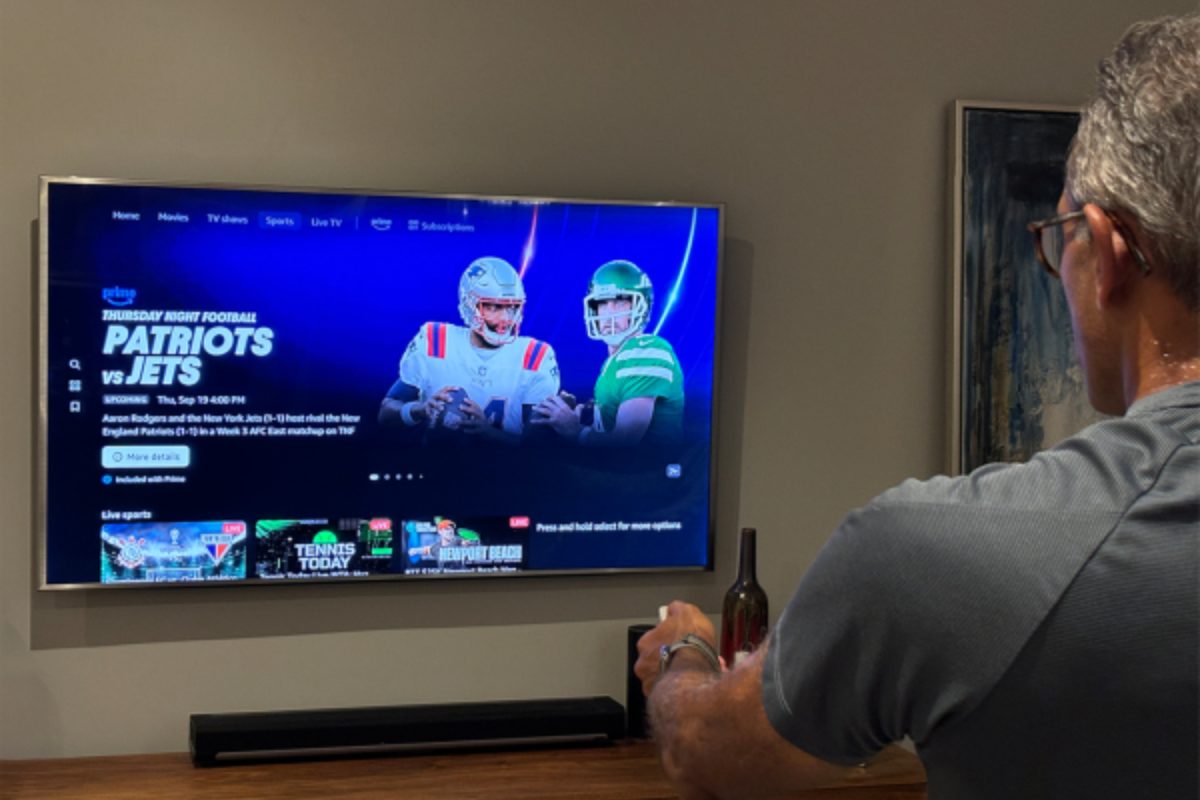As college decisions for the class of 2024 start to come out and the next set of college applicants begin the grueling process of preparing to apply for college, the same age-old questions begin to float about: Are college counselors worth it?
It’s no secret that college counselors are far from inexpensive. According to Bradley University, the average college admissions counselor in the United States gets paid about $32.27 an hour. In comparison, the average hourly pay for an American in the United States is $28.16.
Many end up paying quite large amounts of money for college counselors, which, combined with the already-high average cost of attending college in the United States – $36,436 per student per year in 2023, according to the Education Data Initiative – leaves families wondering if a college admissions counselor is a worthwhile investment, especially if they feel that admission to college can be achieved alone.
As someone who just finished the college application process, I had all the same questions about a year ago.
My family heard from several others who had undergone the process. Some felt they had overpaid for a college counselor who had not helped much. Others felt that investing in a college counselor had been crucial to successful college admission.
All in all, each college applicant’s process was so unique and different that I found it difficult to make a judgment call from others’ advice alone. I realized I had to decide whether or not I wanted a college counselor for myself, which would take some trial and error.
I met with several college admissions officers, with the prices for each varying greatly.
Luckily, most college counselors allow students to have a free, short consultation with them before deciding if they would like to proceed with their services.
However, in my experience, these consultations were more of a marketing ploy than an informative session.
In one introductory consultation, I met with a counselor who charged $27,000 for her services from the end of the summer before senior year to the end of the college admissions process. That being said, she was a freelance counselor, who tend to charge more for their services than counselors working with larger college-services companies. She told me I had no chance of getting into my top college of choice as it stood but that, with her assistance, I could raise my chances slightly.
After being consumed by feelings of hopelessness and failure after that consultation, I was left to ponder the reason I had wanted to work with a college counselor in the first place. It wasn’t to tell me that what I had accomplished throughout my high school career wasn’t good enough to gain me admission into college – rather, to motivate and uplift me to create the most compelling application to showcase me in the most accurate light to college admissions officers.
So, I tried again.
This time, I met with a college counselor who worked as a part of a larger college admissions team, Empowerly. I found her to be much more approachable, with a more positive attitude surrounding college admissions, which is exactly what I needed.
I ended up working with her until my very last college application was submitted, and, along the way, I gained not just a mentor but a friend as well. Fast forward to now, I still chat with her regularly about our day-to-day lives and am excited to keep her a part of my life as I embark on my journey to college this upcoming fall.
But that’s just my experience.
The fact of the matter that nobody wants to hear is that there is no simple answer to the age-old question of whether or not a college admissions counselor is a worthwhile investment as the needs of each student en route to college admissions are incredibly personal.
I personally did not feel that I needed help throughout my high school career, only in putting my actual college applications together. Many, however, think that guidance in navigating extracurriculars and course selections throughout high school is essential to having a successful high school career.
The needs of each individual student should be considered foremost when deciding the appropriateness of a college counselor, the degree of assistance needed, and from whom.
That is precisely why college admissions is a highly individualized process. The underlying goal for every student is to allow universities to gain as much information about each of them as possible, but beyond that, whichever way every family feels that can be achieved best is the path they should take to navigate the road to college admission.












